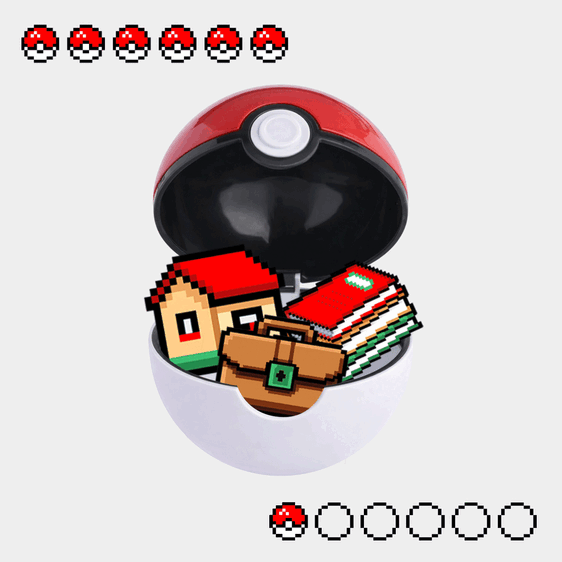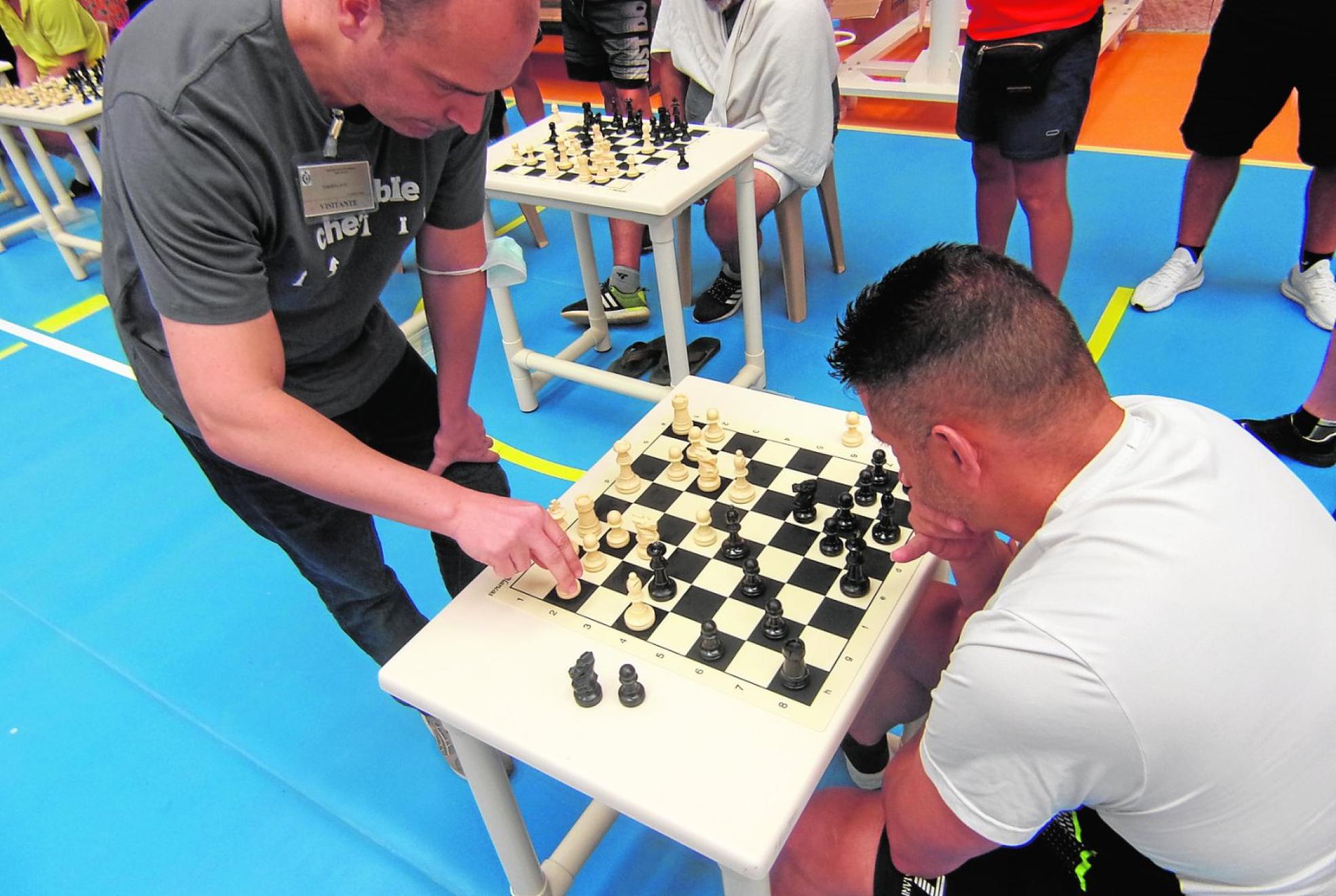Chess in Archidona prison: 'When you're playing, you don't feel like a prisoner'
The chess board is like life and of all the possible moves, they chose the worst one. Now they are managing their impulses and learning from their mistakes as they play this fascinating game
REGINA SOTORRÍO
Friday, 24 June 2022, 17:42
Carlos is serving a 25-year sentence for murder in the prison in Archidona. "I lost my pawn; I should have thought about it more," he says. Of all the possible moves, "I chose the worst option".
Marwan is serving six years for two robberies. "And this is my reward for making good decisions and not making mistakes again," he says, before putting himself to the test on the 64 squares on the board.
Aurelio, halfway through his sentence for drug trafficking, only thinks about getting out of there and teaching his son to play. These men have all just lost a game of chess but they can't stop smiling because, when they sit down to play, their reality changes.
"You become a chess player, you don't feel like a prisoner," says one. "You are inside the game, not inside a jail," another agrees.
Escape
For a few hours, prisoners in Archidona escape mentally from their incarceration with a chess demonstration from grandmaster Ernesto Fernández Romero, the number 20 chess player in Spain. He competes simultaneously with 12 inmates in an activity organised by the Nelson Mandela education centre, which is the school at the prison, in collaboration with the Junta de Andalucía's AulaDjaque programme, coordinated by Manuel Azuaga.
This was not designed to be entertainment, but something much more ambitious: to bring the tools that chess provides to unstructured lives and complex personalities.
The board helps them "to control impulsiveness", the behaviour which has resulted in many of them being behind bars. Here, they have to take their turn, stay silent and analyse the game, explains Juan Ramos, a teacher at the prison school.
"Think before you act," stresses Azuaga. And if you lose, "it's because you have made a mistake and you have to get better, there is no room for excuses," says Fernández. Every move you make "has consequences" and you can't go back.
They are talking about something general, but when you hear these arguments inside a prison, they take on a different meaning. The prisoners listen intently to Manuel Azuaga, the founding partner of Ajedrez Social (Social Chess) in Andalucía, who helps them to see that this sport opens a path to change for them. They nod as he speaks, and obviously reflect on his words.
Shepherd's Mate
"How many of you know the Shepherd's Mate?" he asks and a good number of them put their hand up, knowing that it is one of the shortest checkmates, with only four moves. "Well, that isn't knowing how to play chess," announces Azuaga. "Tricks don't get you anywhere. To play a good game you have to think." And he warns them: "When you play Ernesto, the Shepherd's Mate is banned."
The game begins, and they shake hands before and after each one, a detail which may seem banal but has meaning in a conflictive environment. Suddenly, the noise from more than 30 men turns into silence. Their level of concentration is impressive. They barely raise their heads from the board, considering the next move. Some even cover their ears, to block everything else out. There is an occasional sigh from someone who can see the game becoming complicated. And, of course, in the background there is sound from the prison officers' walkie-talkies, a constant reminder that this is not a conventional sports hall.
Empty hours
"I have played with a lot of enthusiasts who are not as good as these guys. They have some very interesting basic knowledge," says Ernesto Fernández, sounding surprised. That's what happens when there are so many empty hours to fill, day after day. There are two options in their module: parchís or chess. "I don't like parchís, it's all down to luck. With chess you use your intelligence, it's more stimulating," says Aurelio.
Since entering the prison four years ago, he has become hooked again on a game he had given up during the years in which he was tempted by the money to be gained from drugs. "It has made me realise that you always have to see the next move," he says. Now he teaches his companions, including Marwan, who has only been playing for a year. "And he has beaten me already!" he says.
At a complicated time in his life, when he felt "lost", Marwan discovered that chess helped him to make difficult decisions. "And that is something I am going to keep with me all my life," he says. He laughs when he admits that every night in his cell he mentally relives the game he lost earlier. Carlos, who he often plays, does the same. "There is no doubt that chess helps you cope with prison, even after the game, because you think about how you played," he says.
At one of the tables, another prisoner is explaining his attitude: "If someone beats me because of my mistakes and not because of their skill at playing, then I feel annoyed," he says. Luckily, with Ernesto Fernández, that is never the case. "Win or lose, I can always say that I have played against the number 20 in Spain," he says. A feeling of pride is possible, even in prison.


